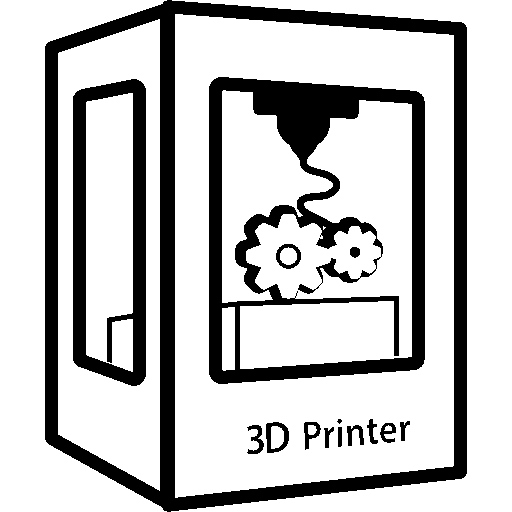Which is to say, not very far on this at all but I think I have a good idea on how have my cake and eat it too for desiccant for my spools.
I am finding I can’t get the humidity below about 50% in my AMS and the silica I am using needs constant refreshing.
Well it seems there is stuff called activated alumina that is pretty good and honestly about the same costs as silica beads, but I need to be able to put it in the oven to refresh it. Which doesn’t work well with my 3d printed desiccant holders.
Insert, cheap tea strainers.
It seems I can get ones that are 4cm in width by 6cm in height that are made out of stainless steel that I can actually put straight in the oven.
So, I am working on getting the parts and items but was wondering if anyone else has done this or have any suggestions before I start grabbing stuff?


The alumina can be regenerated as well.
I am going for the activated alumina because of the different drying profile and it’s much more hygroscopic nature. As of now I can’t get the humidity low enough from the general humidity of room to be anywhere near the level of dry recommended for TPU and PETG which I am having some issues with.
I think it’s just from opening and closing the AMS in a relatively high humidity environment. It stays consistent once it settles but is saturated to green quickly by it.
I don’t know if it’s that it was cheap and less effective or whatever but my experience has been middling and I’m willing to try something else.
Plus the idea of having the desiccant in a container I can throw directly in the oven to more quickly handle the refresh seems like a better idea than the act of removing the desiccant each time to try and regenerate it.
@Krauerking you could try molecular sieve if that doesn’t work. It’ll get you down to very low humidity also, it’s standard use on 200bar compressed air systems which need to be very dry. Although regen temps are quite high compared to silica gel.